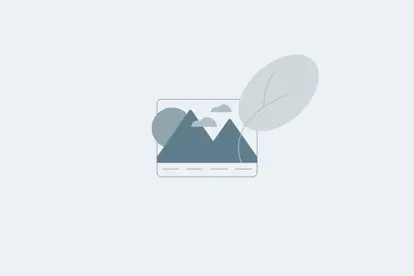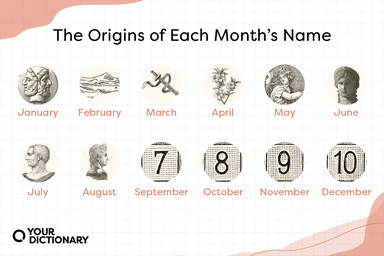After Definition
ăftər
preposition
Behind in place or order.
Z comes after Y in the alphabet.
American Heritage
Behind in place; in back of.
Webster's New World
Next to or lower than in order or importance.
American Heritage
Behind in time; later than.
After lunch.
Webster's New World
In quest or pursuit of.
Seek after fame; go after big money.
American Heritage
adverb
Behind; in the rear.
American Heritage
Behind in place.
Webster's New World
At a later or subsequent time; afterward.
Three hours after; departed shortly after.
American Heritage
Behind in time; later; next.
Webster's New World
Synonyms:
adjective
Subsequent in time or place; later; following.
In after years.
American Heritage
Next; later.
Webster's New World
Located near the stern of a vessel or the rear or an aircraft or spacecraft.
American Heritage
Nearer the rear (esp. of a ship or aircraft)
Webster's New World
(dated) Later; second (of two); next, following, subsequent.
Wiktionary
Synonyms:
Antonyms:
conjuntion
Following or subsequent to the time that.
I saw them after I arrived.
American Heritage
Following the time when; later than.
Webster's New World
Signifies that the action of the clause it starts takes place before the action of the other clause.
I went home after we had decided to call it a day.
Wiktionary
noun
Afternoon.
American Heritage
Dessert.
American Heritage
affix
Coming behind or later.
Aftercare.
Webster's New World
Idioms, Phrasal Verbs Related to After
Origin of After
The Irish usage to indicate recent completion of an activity is a calque of the Irish collocation Tá mé tar éis/i ndiaidh... ("I have just...").
From Wiktionary
-
Middle English from Old English æfter apo- in Indo-European roots
From American Heritage Dictionary of the English Language, 5th Edition
Find Similar Words
Find similar words to after using the buttons below.





